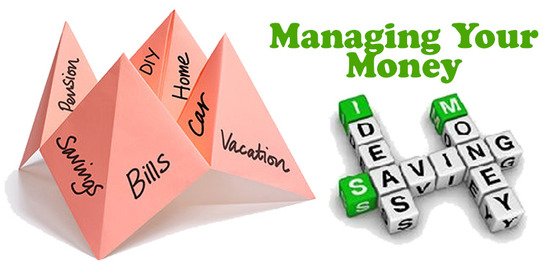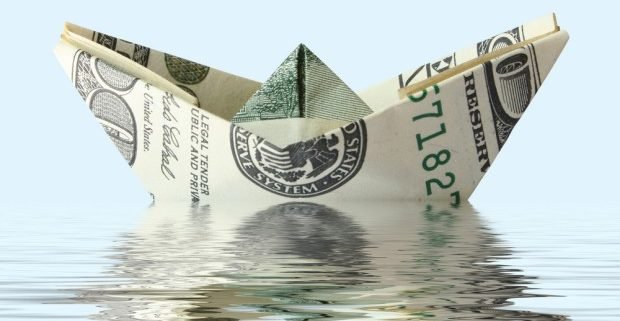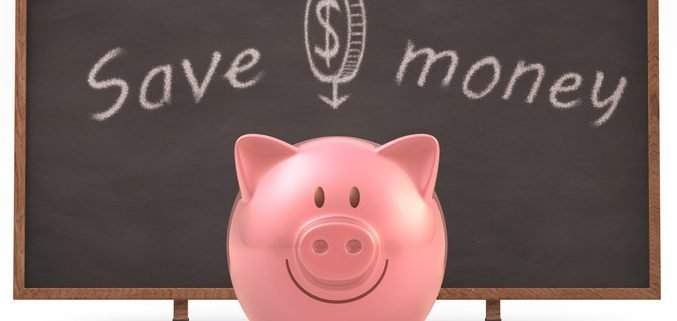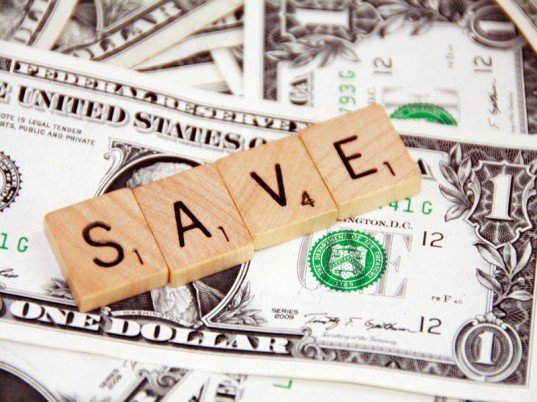10 signs you need help managing your money
Is it time to change your money habits, talk to a credit counselor or a financial coach? We all fall behind every now and then, but if you seem to always be financially stuck – you may need a bit of outside help – and there’s no shame in that.

You have no idea where your money goes or whether your card will be accepted
It seems that your paycheck arrives on time every month, however, the respective amount of money suddenly disappears just in a couple of days and you have no idea where it went. A similar sign is if you are standing at the line in the supermarket trying to calculate the cost for all your purchases as you are not sure whether your credit card will be declined as you are already over the limit. If this has happened more than two consecutive months, then it is a sure sign you need to seek help for your finances.
Your credit card is often declined
If your credit card gets declined too often it is a sure sign that you need help with your finances. The reason might be that you are spending too much on luxury items or aren’t tracking how your small expenses add up. Either way, professional advice will do you good.
You have bad credit history and poor bank balance
If you have a bad credit history or you don’t understand what led to it then you are in trouble. The same goes if you have a poor bank balance with about $100 left in your account before payday. If it happens every month, then you should take a note that you might need some financial advice before things get worse.
You don’t save for the future
You don’t have the habit to put money aside for the future or at the very best you save only a few bucks that are left at the end of the month for that dream holiday in the summer. While this does not directly affect your current financial situation, it may turn out badly if you are faced with unexpected expenses in the future. Learning to put aside a certain amount of money every month is a good routine that you should get into in order to avoid financial trouble.
You always spend your savings on daily expenses
You have made an effort to put some money aside, however, you regularly draw from these funds in order to cover your utility bills or daily expenses. Thus, in practice, you are not saving any money for the future at all. It is a good idea to consult a financial expert how to better manage your budget so that you actually end up with cash in your bank account for future spending.
You have no clear plan for retirement
Whether you like it or not, your retirement will come, so it is better to be prepared for it. Think about your retirement and decide on a plan that will help you enjoy those years. If you have no idea or no money at all saved for this period of your life, then surely you need some financial advice how to proceed.
You don’t understand your insurance policies or have none
It is important to have insurance policies that cover both your property and yourself in case of accidents. If you have none, then you are missing an important asset. If you have insurance policies but you are not aware of their benefits, it means you may not be able to get the full coverage in case something bad happens. Talk to your agent and find out how you can get the most out of your policies and how you can fill the gaps.
You have no investments or you don’t understand them
Do you have an investment portfolio that is right for your financial goals? The chances are that you have some investment accounts established by your previous employers but if you have changed jobs way too often, you might have lost track of them. While, those accounts may not be much of an asset right now, in 20-30 years that will be another story. Consult an investment professional and get your money working for you. Managing your investments properly is one of the essential steps for getting control over your finances.
You have no clear budgeting strategy and constantly switch between different ideas
You have some financial struggles that you are aware of, however, you have no clear budgeting strategy. If you apply a different approach to curbing your budget every week or so, it will be counterproductive. Choose a strategy that will be easy to follow and stick to it a few months at least to see if it works for you. If you have problems deciding on what’s best for you, do not be afraid to ask for expert advice. Get into the habit of saying “No, this item is not on my list this month. I will see if I can include it in my budget next month”.
You take out unnecessary personal loans
If you are taking out personal loans to buy the newest gadgets or fund vacations – you’re in trouble. Taking a personal loan, regardless of its type, should be to pay a debt, cover medical expenses or other urgent costs and not for treating yourself with a luxury holiday or a new wardrobe.
Get in charge of your finances. Read money management books, talk to a credit counselor or a financial adviser, get an accountability partner or a financial coach. It’s never too late to start managing your money better. Start today!









